Original Raspberry Pi 2 Model B 1GB RAM 900Mhz Quad Core ARM Cortex A7
SKU: MB1019Out of stock
Raspberry Pi 2 Model B SBC
The Raspberry Pi 2 Model B represents a major performance increase over its single-core based predecessors: up to six times faster in fact. As well as a new quad-core Cortex-A7 processor, the Raspberry Pi 2 Model B now features 1GB of RAM memory. The operating system kernel has been upgraded to take full advantage of the latest ARM Cortex-A7 technology and is available with the new version 1.4 of NOOBS software (See Note below). Backward application hardware and software compatibility has been maintained with the Raspberry Pi 1 Model A+/B+.
Broadcom BCM2836 900MHz ARM Cortex-A7 quad-core processor with VideoCore IV dual-core GPU
GPU provides Open GL ES 2.0, hardware-accelerated OpenVG, and 1080p30 H.264 high-profile decode
GPU is capable of 1Gpixel/s, 1.5Gtexel/s or 24GFLOPs with texture filtering and DMA infrastructure
රු6,990.00
Out of stock
Raspberry Pi 2 Model B SBC
The Raspberry Pi 2 Model B represents a major performance increase over its single-core based predecessors: up to six times faster in fact. As well as a new quad-core Cortex-A7 processor, the Raspberry Pi 2 Model B now features 1GB of RAM memory. The operating system kernel has been upgraded to take full advantage of the latest ARM Cortex-A7 technology and is available with the new version 1.4 of NOOBS software (See Note below). Backward application hardware and software compatibility has been maintained with the Raspberry Pi 1 Model A+/B+.
Broadcom BCM2836 900MHz ARM Cortex-A7 quad-core processor with VideoCore IV dual-core GPU
GPU provides Open GL ES 2.0, hardware-accelerated OpenVG, and 1080p30 H.264 high-profile decode
GPU is capable of 1Gpixel/s, 1.5Gtexel/s or 24GFLOPs with texture filtering and DMA infrastructure
1GB LPDDR2 SDRAM
HD 1080p video output
Composite video (PAL/NTSC) output
Stereo audio output
10/100 BaseT RJ45 Ethernet socket
HDMI 1.3 & 1.4 video/audio socket
3.5mm 4-pole audio/composite video out jack socket
4 x USB 2.0 sockets
15-way MPI CSI-2 connector for Raspberry Pi HD video camera
15-way Display Serial Interface connector
MicroSD card socket
Boots from MicroSD card, running a new version of the Linux operating system (See Note below)
40-pin header for GPIO and serial buses (compatible with Raspberry Pi 1 26-pin header)
Power supply: +5V 2A via microUSB socket
Dimensions: 86 x 56 x 20mm
Firmware looks for add-on boards that comply with the HAT (Hardware Attached on Top) design rules. This allows the Raspberry Pi 2 Model B to set up the GPIO and load drivers to suit an expansion board automatically.
Raspberry Pi
The original Raspberry Pi Model B computer went on sale in February 2012 and set a new standard shattering the dominance of the PC in the home and education markets. Over 3 million boards in the various formats, A, B, A+, B+ and Compute have since been shipped worldwide. The original concept of the Raspberry Pi was for a high-performance computer board providing Internet access with HD graphics at very low cost. The boards provide a platform for children and adults from any background to acquire computer science knowledge and help develop the future World-Wide-Web and the Internet of Things. While the Raspberry Pi boards were designed primarily for education, they have become very popular with manufacturers of embedded systems. In order to support this market, the Raspberry Pi Foundation has ensured backwards compatibilty with each new revision. The bare-bones Compute module is aimed specifically at the OEM manufacturer.
Based on 0 reviews
Only logged in customers who have purchased this product may leave a review.


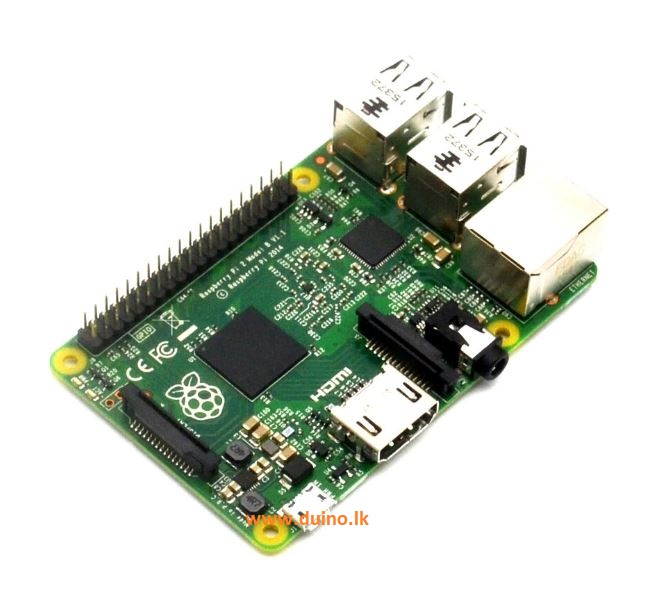
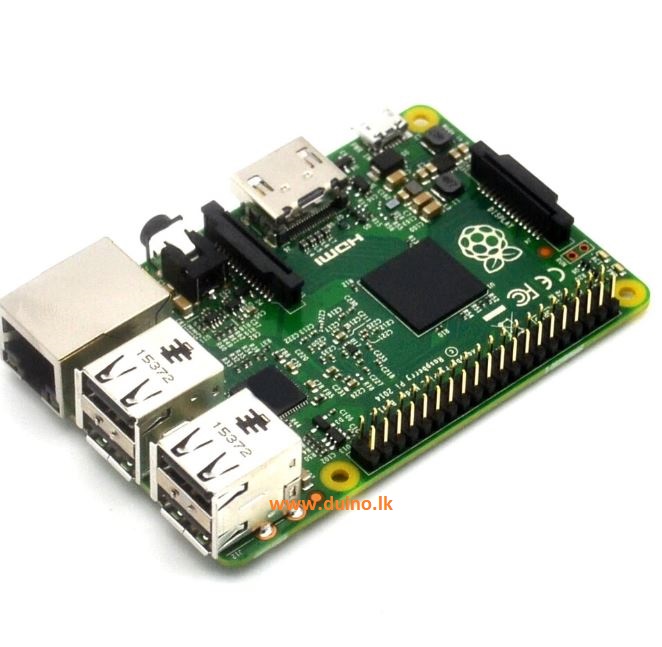
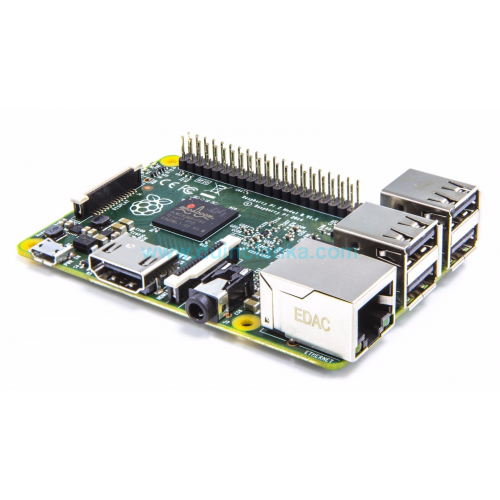
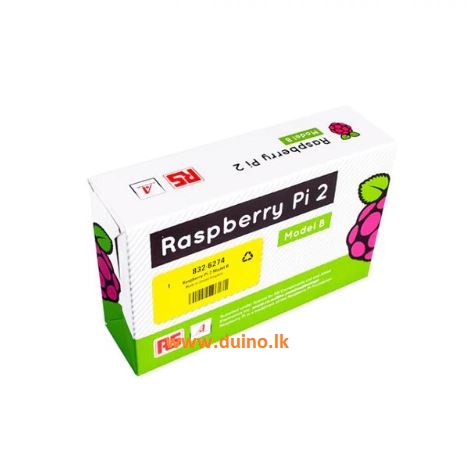
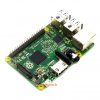

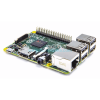





There are no reviews yet.